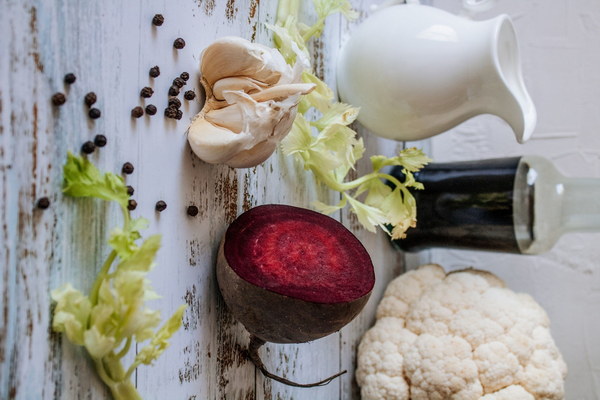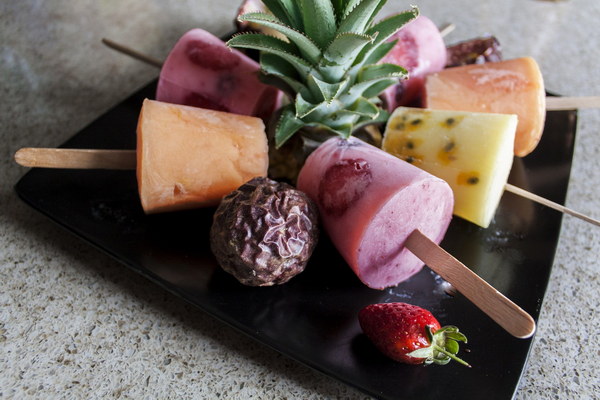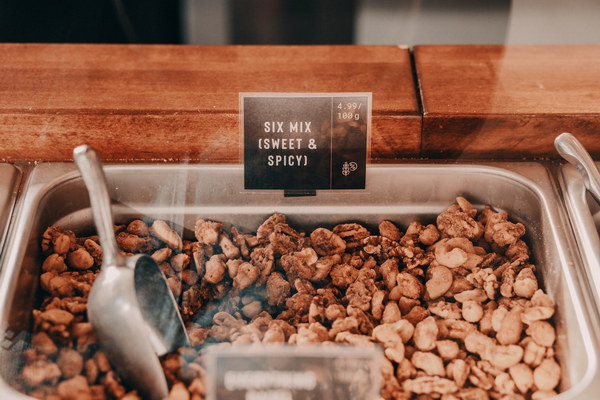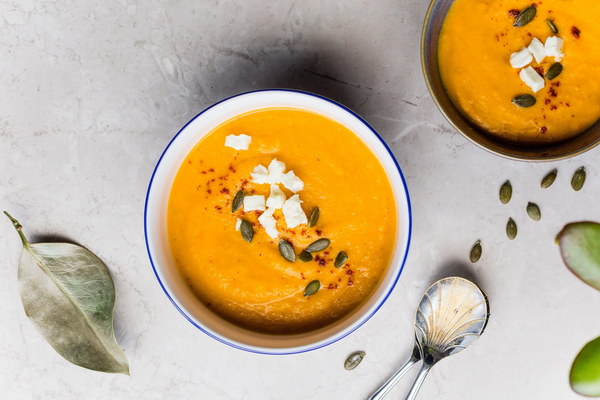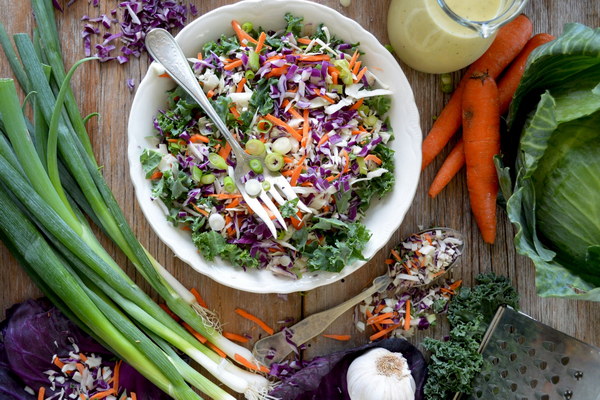Natural Remedies for Dry Cough with No Phlegm A Nutritional Approach
Dry cough with no phlegm can be quite irritating and persistent, often leading to discomfort and sleepless nights. While medication can help alleviate symptoms, natural remedies and dietary adjustments can also provide relief. In this article, we will explore various nutritional approaches to tackle a dry cough with no phlegm, offering you a holistic way to find relief.
1. Stay Hydrated
One of the most effective ways to manage a dry cough is by staying hydrated. Drinking plenty of water helps to thin the mucus and keep your throat moist. Aim for at least eight glasses of water per day, and consider herbal teas or broths as alternative options. Hydration can also aid in soothing your throat and reducing the urge to cough.
2. Consume Moisturizing Foods
Foods that are high in moisture can help keep your throat moist and reduce coughing. Incorporate the following into your diet:
- Fresh fruits: Watermelon, oranges, pineapples, and peaches are all excellent choices.
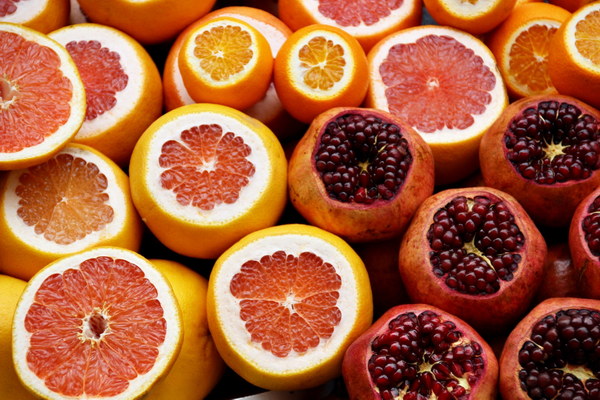
- Vegetables: Carrots, cucumbers, and bell peppers are high in moisture.
- Soups and broths: Chicken soup or vegetable broth can provide hydration and warmth.
3. Eat Foods Rich in Vitamin C
Vitamin C is known for its immune-boosting properties and can help reduce inflammation. Including vitamin C-rich foods in your diet may help alleviate a dry cough. Some great options include:
- Citrus fruits: Oranges, grapefruits, and lemons are high in vitamin C.
- Berries: Strawberries, blueberries, raspberries, and blackberries are all excellent sources.
- Vegetables: Red peppers, kale, and broccoli are also high in vitamin C.
4. Incorporate Spicy Foods
Spicy foods can stimulate saliva production, which can help in soothing a dry throat and reducing coughing. Incorporate the following spicy foods into your diet:
- Chilies: Cayenne, jalapeño, and habanero peppers can all help stimulate saliva production.
- Spicy sauces: Incorporate a dash of hot sauce or wasabi into your meals.
- Spicy spices: Cinnamon, turmeric, and ginger are all warming spices that can help alleviate cough symptoms.
5. Avoid Irritants
Certain foods and beverages can exacerbate a dry cough. It is essential to avoid or minimize your intake of the following:
- Caffeinated drinks: Coffee, tea, and soda can dry out your throat.
- Alcohol: Alcohol can dehydrate you, making your cough worse.
- Highly processed foods: These can be difficult to digest and may irritate your throat.
6. Use Honey and Lemon
Honey and lemon have natural soothing properties and can help alleviate a dry cough. Mix one tablespoon of honey with a tablespoon of lemon juice and drink it as needed. This mixture can be taken hot or cold, depending on your preference.
7. Practice Breathing Exercises
Breathing exercises can help relax your throat muscles and reduce coughing. Try the following exercise:
- Inhale deeply through your nose, filling your lungs completely.
- Hold your breath for a few seconds.
- Exhale slowly through your mouth, while gently pushing air out.
- Repeat this exercise for a few minutes, several times a day.
By incorporating these nutritional approaches into your daily routine, you may find relief from a dry cough with no phlegm. Remember, it is essential to consult with a healthcare professional if your cough persists or worsens, as it may be a sign of an underlying condition that requires medical attention.

